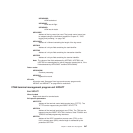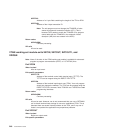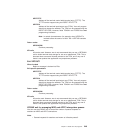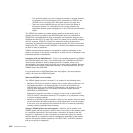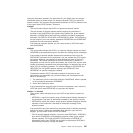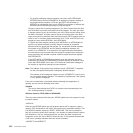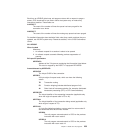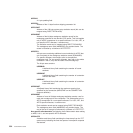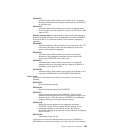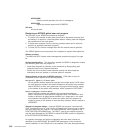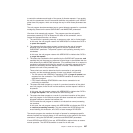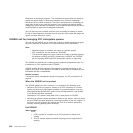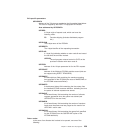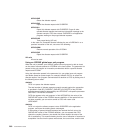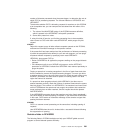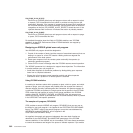UEPSACNT
A half-word binary field containing the number of all non-specific
allocates processed since the queue was started (see UEPSAQTS
for the start time).
UEPSARC8
A half-word binary field containing the number of sessions freed
since the queue was last purged as a result of a UEPCAKLL return
code to CICS.
Specific allocates data:The following three fields contain data relating to
specific modegroup allocates. They are applicable only when UEPMODST
is non-zero (that is, it contains the address of the relevant modegroup
statistics).
UEPMAQTS
A double-word binary field containing the time stamp from the TCT
mode entry indicating the time that the modegroup queue was
started for this specific modegroup.
UEPMACNT
A half-word binary field containing the number of all specific
allocates for this modegroup processed since the queue was
started (see UEPMAQTS for the start time).
UEPMAR12
A half-word binary field containing the number of modegroup
sessions freed since the queue was last purged as a result of a
UEPCAKLL return code to CICS.
UEPQUELM
A half-word binary field containing the queue limit specified for this
connection (QUEUELIMIT on the CONNECTION definition).
Return codes
In the case of an allocate that is about to be queued, use one of the
following:
UERCAQUE
Queue the allocate request.
UERCAPUR
Reject the allocate request with SYSIDERR.
UERCAKLL
Reject this allocate request with SYSIDERR. Purge all other
queued allocate requests and send an information message to the
operator console. CICS also returns SYSIDERR to all application
programs waiting on the purged allocate requests.
UERCAKLM
Reject this allocate request for the modegroup and return
SYSIDERR. Purge all other queued allocate requests for the
modegroup specified on this allocate request and send an
information message to the operator console. Retry the modegroup
after an interval.
UERCPURG
Task purged during XPI call.
In the case of a successful allocate following the use of UERCAKLL or
UERCAKLM, on a previous invocation of the exit, use one of the following:
Chapter 1. Global user exit programs 255



